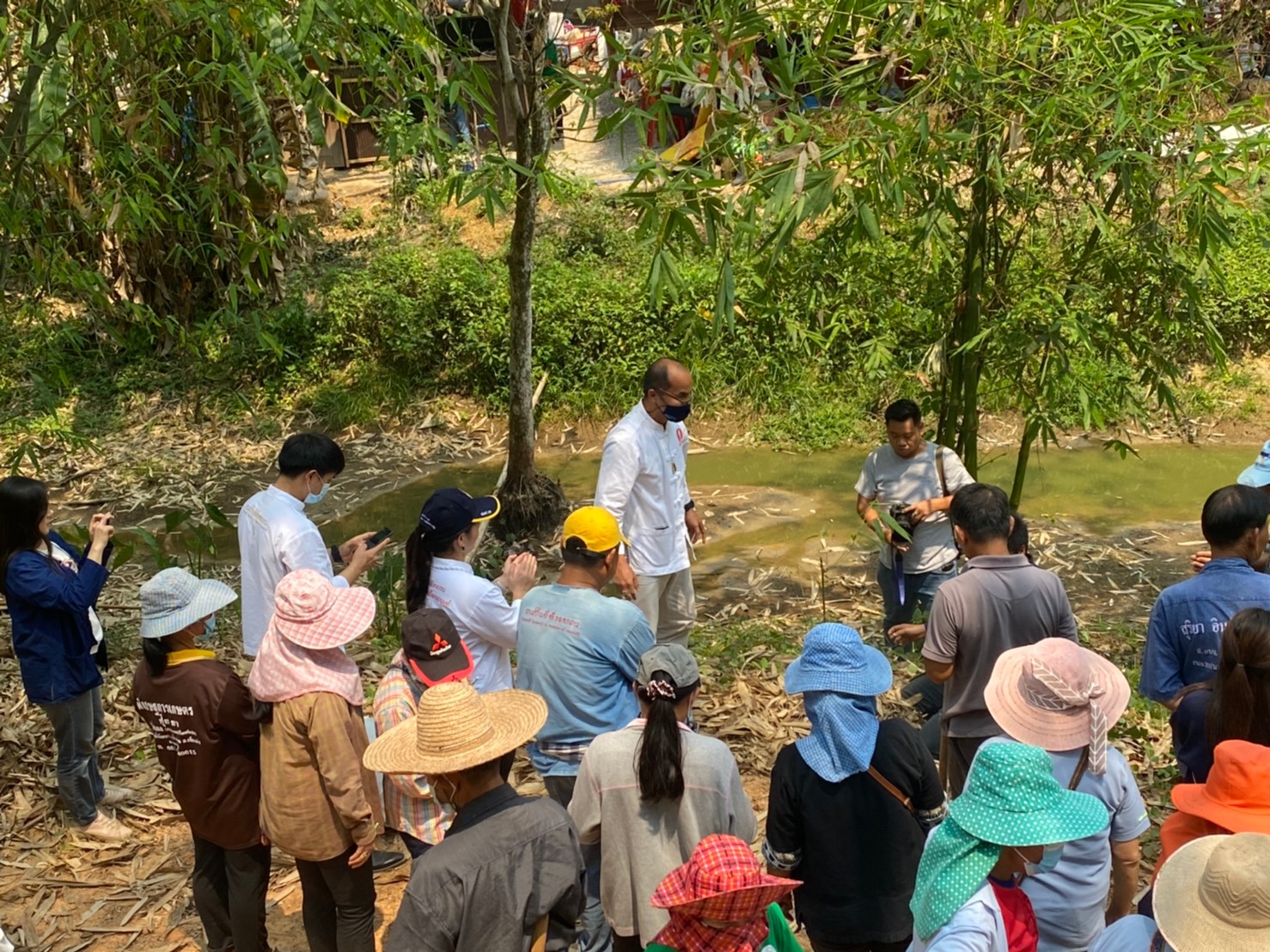
The UNESCO-UNEVOC International Centre: Who We Are | What We Do | Working With Us | Get in Touch
The UNEVOC Network: Learn About the Network | UNEVOC Network Directory
For Members: UNEVOC Centre Dashboard
Thematic Areas: Inclusion and Youth | Digital Transformation | Private Sector Engagement | SDGs and Greening TVET
Our Key Programmes & Projects: BILT: Bridging Innovation and Learning in TVET | Building TVET resilience | TVET Leadership Programme | WYSD: World Youth Skills Day
Past Activities: COVID-19 response | i-hubs project | TVET Global Forums | Virtual Conferences | YEM Knowledge Portal
Our Services & Resources: Publications | TVET Forum | TVET Country Profiles | TVETipedia Glossary | Innovative and Promising Practices | Toolkits for TVET Providers | Entrepreneurial Learning Guide
Events: Major TVET Events | UNEVOC Network News

Agricultural workers the world over have been hard hit by the pandemic. Many work in the informal economy where, even at the best of times, their lack of social protection and access to quality health care can increase their vulnerability. By closing borders and restricting movement and trade, the COVID-19 crisis has disrupted food supply chains and put rural livelihoods at risk, making a difficult situation worse.
In the village of Giang, in the province of Chiang Rai, successive lockdowns have prevented farmers from tending their rice crops and closed the fruit canning factories that provided an extra source of income. Arnon Niyomphol, Dean of the Faculty of Technical Education at Rajamangala University of Technology Thanyaburi (RMUTT), a UNEVOC Centre near Bangkok, decided that giving affected communities the opportunity to diversify and rapidly learn new skills was the best way of improving their situation.
Natural products from sustainable resources

The training also covered bamboo cultivation. “People were enthusiastic – when we finished the classes at 4pm, they would often stay on and practice their weaving techniques,” said Ms Uapipatanakul, Project Communicator. The next stage of the programme will include a focus on entrepreneurial skills, especially how to market and sell products online.
Although local farmers usually cultivate rice rather than bamboo, the team found that twenty-two species of the fast-growing plant were already present in Chiang Rai. Ms Uapipatanakul noted the environmental benefits of bamboo – its ability to quickly absorb water can reduce the risk of flooding while its leaves filter small particles from the air.
The team at RMUTT is pleased with the progress made by the sixty trainees, mainly women, who were selected through discussions with community and religious leaders. “I can’t say we have achieved everything,” Ms Uapipatanakul says, “but now they can use their TVET skills to make a product from local materials from a sustainable source.” While the short-term training was designed to minimize the disruption caused by COVID-19 to farm and factory work, the skills learned can be applied well into the post-pandemic era.
Plans for the future
In order to make the programme sustainable, RMUTT has involved local trainers from Chiang Rai Technical College and are discussing plans with regional education authorities to launch a second course for the production of bamboo furniture. In the meantime, the Giang weavers have received their first order – for bamboo trays – from Canada.
While they are keen to ensure the work continues, there is no rush to extend the programme to other villages. “A villager will not believe a person like you or me, they would say this is impossible for me because my education is different from yours,” says Ms Uapipatanakul. “So, the best influencers are the villagers themselves. We are trying to make sure it is very successful in Giang first, then the other villagers will be motivated to follow their lead.”